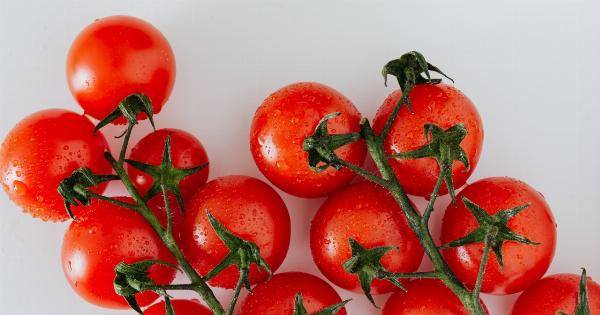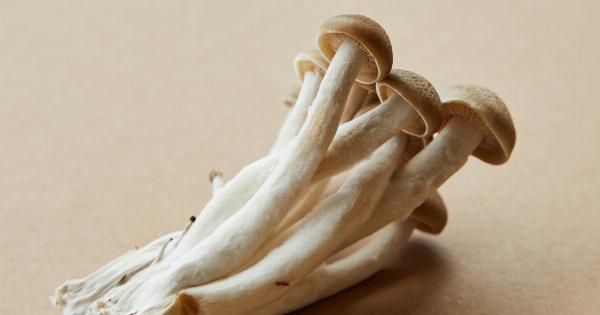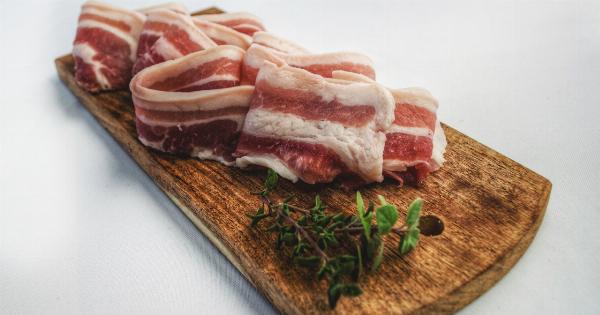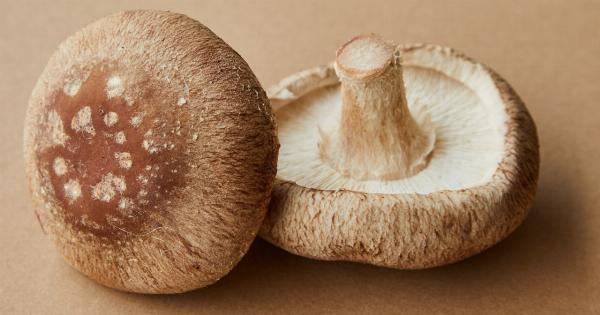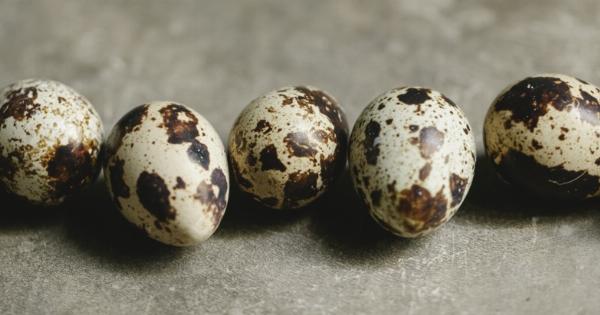With the increasing trend of plant-based diet, many people are looking for alternatives to meat to fulfill their protein requirements. Proteins are essential building blocks for our body and are required for the growth and repair of muscles and tissues.
Meat has long been considered as a primary source of protein, but there are several plant-based protein sources which can provide the same benefits as meat.
1. Legumes
Legumes such as lentils, beans, and peas are an excellent source of plant-based protein. They are also rich in fiber, iron, and other essential nutrients.
A cup of cooked lentils provides around 18 grams of protein, which is almost equivalent to 3 ounces of meat.
2. Nuts
Nuts like almonds, cashews, and walnuts are protein-rich and also provide healthy fats and fiber. They can make an excellent snack or add-on to your salad and oats. A quarter cup of almonds contains around 7 grams of protein.
3. Seeds
Seeds such as chia seeds, hemp seeds, and pumpkin seeds are also a good source of plant-based protein. They also provide healthy fats and are rich in minerals such as iron, magnesium, and zinc.
A tablespoon of chia seeds contains around 3 grams of protein.
4. Soy products
Soy products like tofu, tempeh, and edamame are complete protein sources and are easily digestible. They are also rich in amino acids and provide several health benefits such as reducing the risk of heart diseases and improving bone health.
A cup of tofu contains around 20 grams of protein.
5. Quinoa
Quinoa is a gluten-free grain and is also a good source of plant-based protein. It is rich in fiber, iron, and other essential nutrients. A cup of cooked quinoa contains around 8 grams of protein.
6. Seitan
Seitan, also known as wheat meat, is a meat substitute made from wheat gluten. It is popular among vegans and vegetarians and is a good source of plant-based protein. A cup of seitan contains around 25 grams of protein.
7. Nutritional Yeast
Nutritional yeast is a vegan and vegetarian-friendly source of protein. It is also rich in vitamins, minerals, and antioxidants. A tablespoon of nutritional yeast contains around 2 grams of protein.
8. Spirulina
Spirulina is a blue-green algae and is a good source of plant-based protein. It is also rich in antioxidants, vitamins, and minerals. A tablespoon of spirulina contains around 4 grams of protein.
9. Amaranth
Amaranth is a gluten-free grain and is also a good source of plant-based protein. It is rich in fiber, iron, and other essential nutrients. A cup of cooked amaranth contains around 9 grams of protein.
10. Vegetables
Vegetables like broccoli, spinach, and kale are not only rich in vitamins and minerals but also provide a significant amount of protein. They are also low in calories and can be an excellent addition to your diet.
A cup of cooked broccoli contains around 5 grams of protein.
In conclusion, there are several plant-based protein sources that can replace meat and provide similar benefits. Adding these protein sources to your diet can help you fulfill your protein requirements and also provide several health benefits.



